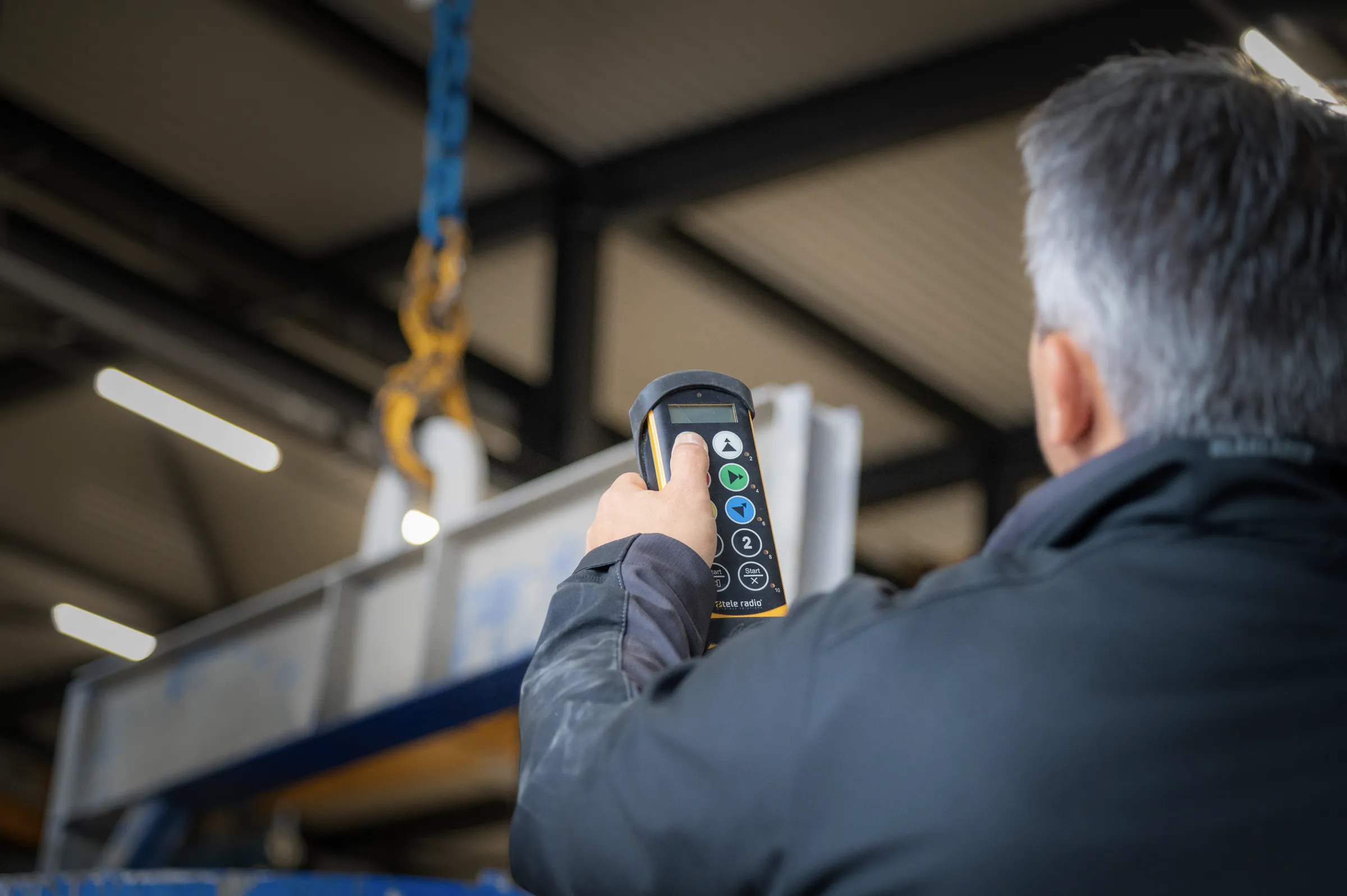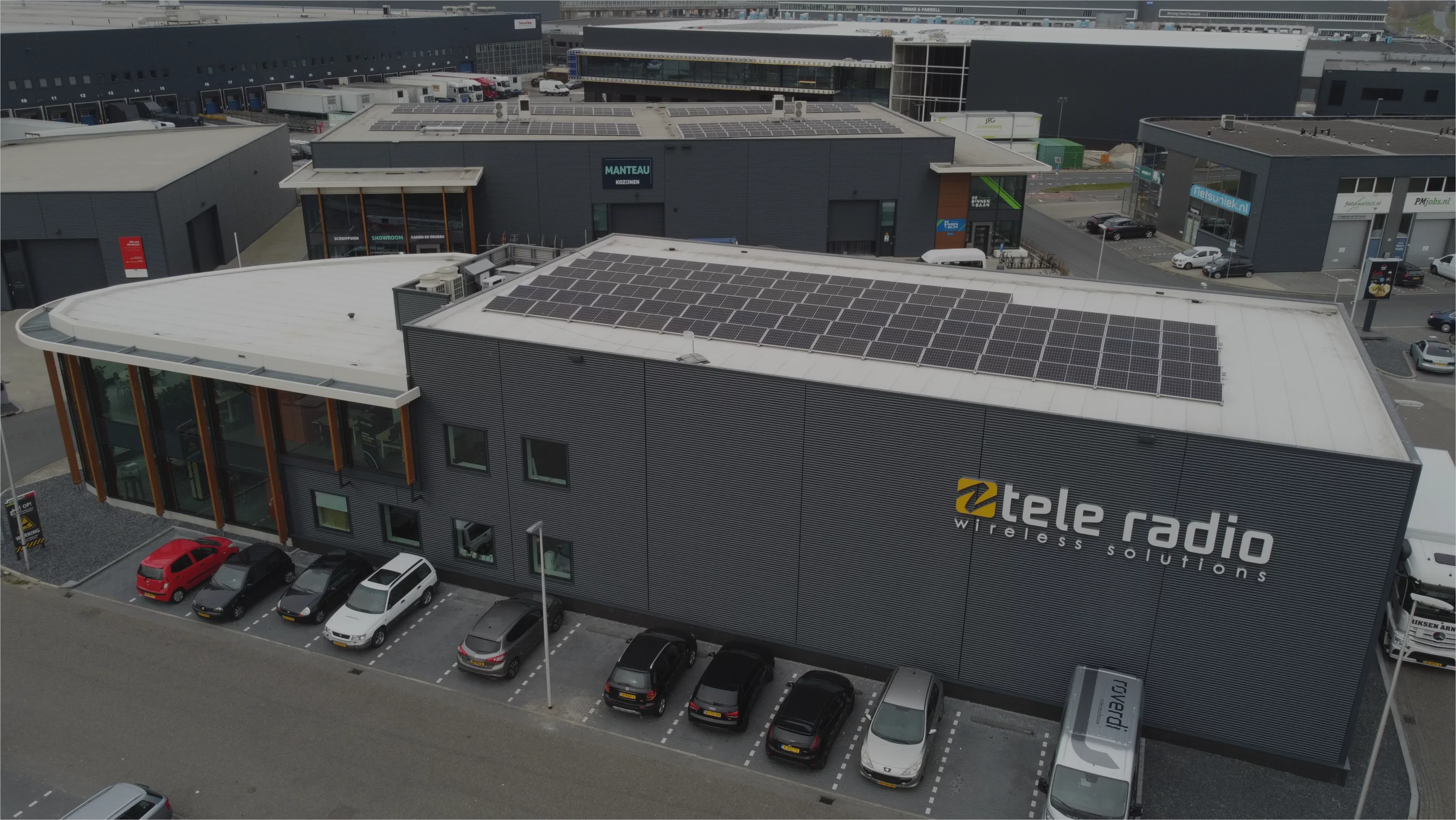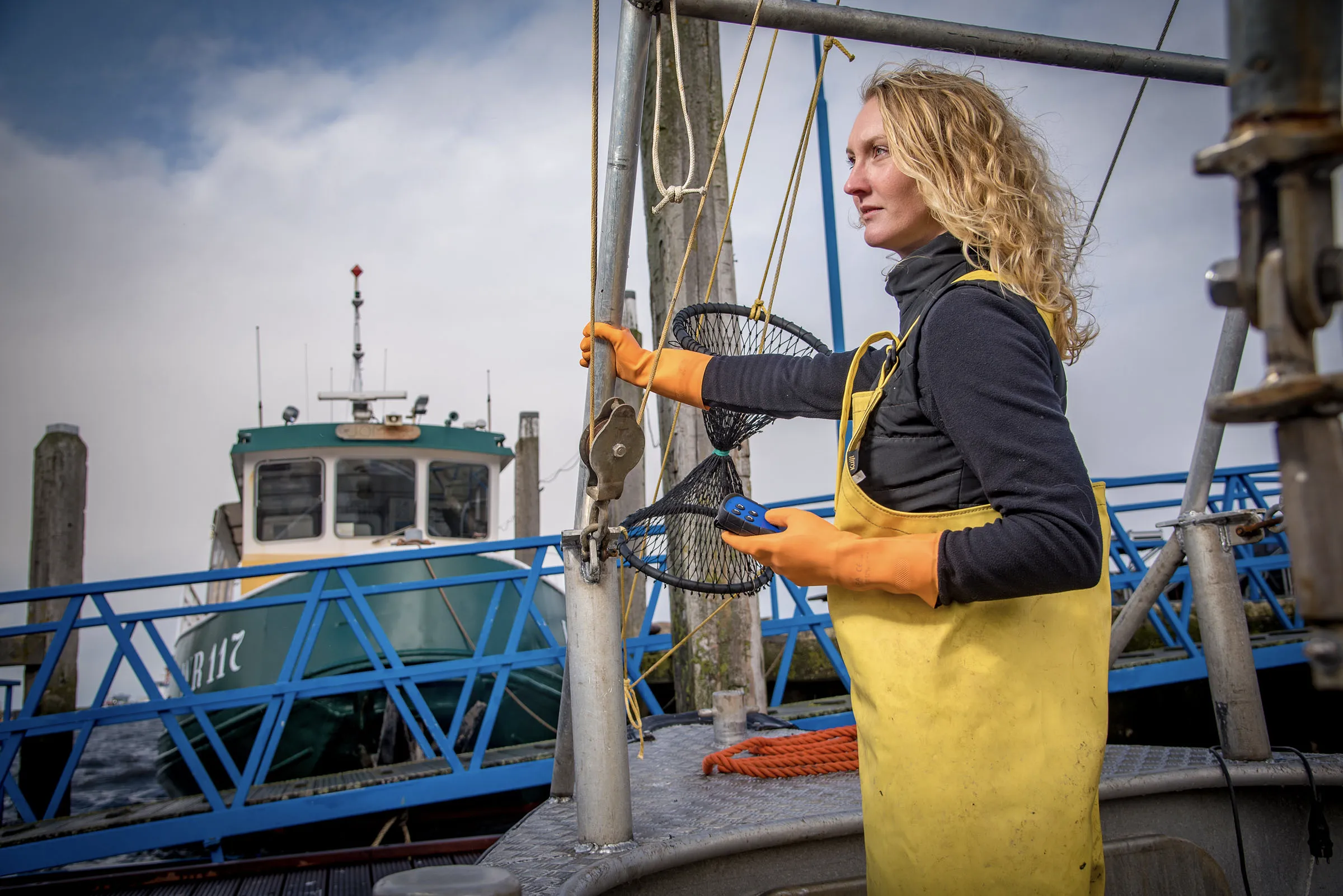We’re delivering on our promise to pursue sustainability in every area of our operations by adopting clear ESG initiatives. Our comprehensive Sustainability Report describes the driving force and our approach more in detail. It is available to download below.
Environment
Reducing our greenhouse gas emissions
We are fully committed to reporting our greenhouse gas emissions in alignment with the Greenhouse Gas Protocol (GHG Protocol) to move towards a more sustainable production model. We have now set up a baseline in order to set mitigation targets.
We also demonstrate our sustainability commitment through our recently upgraded Supplier Code of Conduct. These guiding principles set minimum standards on issues such as regulatory compliance, human rights, employee rights, ethics, health and safety, and the environment. Based on the ten principles behind the UN Global Compact, our Supplier Code of Conduct is available to download above.
Embracing renewables
Harnessing renewable energy wherever possible is one of our key sustainability pledges. In line with greenhouse gas protocols, we’re working hard to reduce scope two and scope three emissions in conjunction with our suppliers. While we’ve already increased our use of electricity from renewable sources, our long-term objective is to switch to 100% renewable electricity.
Reducing waste
We aim to increase our use of sustainable raw materials as quickly as possible. We already use 80% recycled materials in our packaging. But we want to go further. We’re constantly looking for recycled and more sustainable materials. At the same time, we’re driving packaging standards to ensure products reach their destination in perfect condition — and don’t need to be replaced.
Social
Ensure the safety and health of employees
We’re committed to providing employees with a healthy working environment.
Allgon identified a need for skills development in the electrical safety field. Training was provided where this was needed and was made routine. At the subsidiary Åkerströms, which includes an extensive service and after-sales department in its value proposition, there is a risk of contact with high voltages. This is because staff work on site for industrial customers, among others, and install radio control systems for various uses. The staff concerned attended a full-day course on electrical safety in 2022.
The training will continue to be provided to new staff and will be repeated at regular intervals for existing staff. At the other Allgon subsidiaries, this is managed separately where necessary and in line with local regulatory requirements.
Promote better working
Promoting and improving working conditions for employees are key priority. Employee satisfaction is very relevant to this work. To find out what Allgon needs to work on, feedback is required from employees about what should be further developed to meet their needs. The key figure used is known as the employee NPS (eNPS), which will continue to be used to report on employee satisfaction. The target is eNPS over the tech industry average.
Governance
Promoting diversity
In recruitment processes for key positions, it is preferred that the underrepresented gender in the workgroup is included in the final selection process. The long-term goals is that the gender diversity should reflect a 50/50 ratio. Since 2019, Allgon has an Equal Opportunity Policy, Equal Opportunity Policy for Allgon AB – Allgon
Proactive approach
Workplace safety is high on the agenda within Allgon’s subsidiaries. A proactive approach is taken to eliminating risks in the workplace before an incident or accident occurs. The long-term goal is that 100% of incidents are followed up and resolved. The aim is also to have no accidents in the workplace.
Connecting with local communities
We are fully committed to long-term social sustainability, which is why we reach out to the local communities in which our teams and subsidiaries operate. By collaborating with these communities and sharing our knowledge with local groups and educational institutions, we’re building lasting relationships. And this represents a fantastic opportunity to grow as an organization through initiatives such as internships, education programs, and brand awareness projects.






